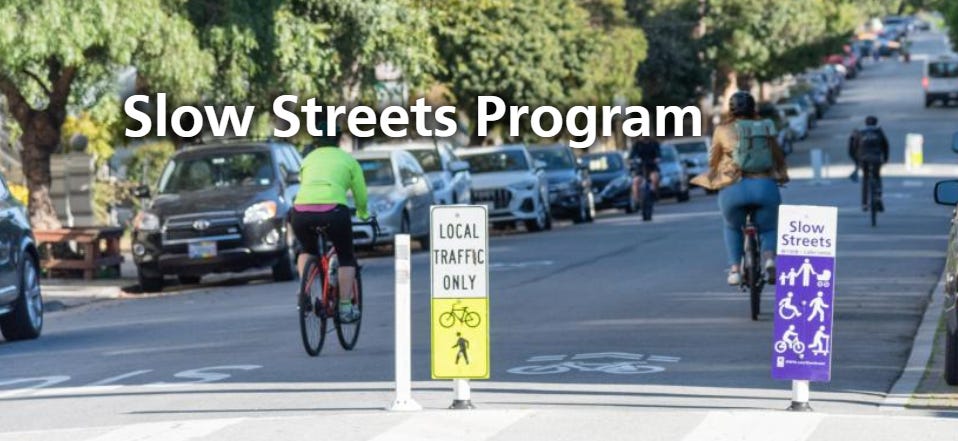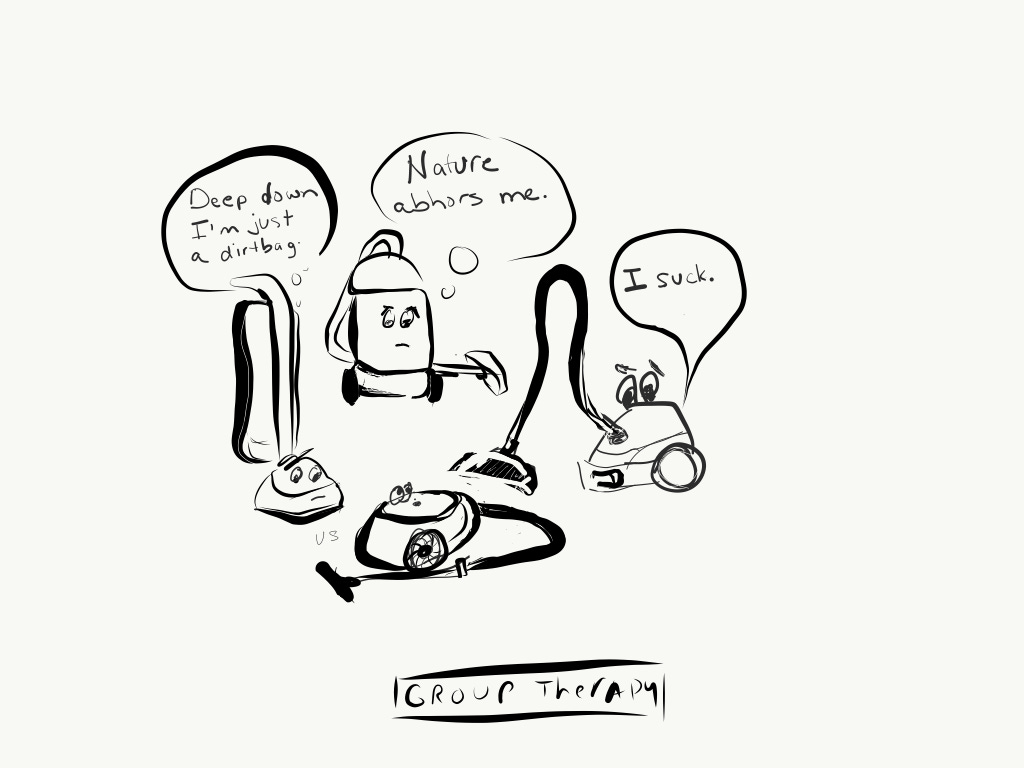The Way: Hass on leg pay, Minton on voting, Kalloch on affordable housing, Davis on identity
PLUS: A new cartoon from Jennifer Schuberth and John Urang
Help Oregon earn gold in civic culture.
We need your support. We’ve got a great thing going thanks to all you (approximately 2,000 of you!!). We’re eager to keep the momentum going.
If you believe in our mission to improve Oregon’s civic culture, then we need you to take one of four steps:
Volunteer — join our editing team. Email kfraz@berkeley.edu
Share — send this post to five friends and ask them to subscribe
Start a paid submission — visit this link to do so

Editor’s Note:
Excuse this brief non-Oregon-specific Editor’s Note. I’m a reside of the Bay Area (for now) and needed to get this rant out.
San Francisco had a rough pandemic, despite having a relatively low share of COVID cases and death. Shutdowns lead to break-ins. Social distancing increased the isolation of the city’s ever-growing homeless population. Remote work lead to rents plummeting for a bit, then skyrocketing again. But, as bleak as San Francisco may sound from that short tale, there’s been pockets of progress. Most importantly, neighbors of all incomes, professions, and backgrounds have rallied to fight for “Slow Streets.”
Near the start of the pandemic, the city designated a few streets as “Slow Streets,” meaning that vehicular traffic was generally prohibited, with the exception of local residents. San Franciscans flocked to these streets like New Yorkers packing up to see leaves in Vermont every fall. Older folks took their morning walks. Zoomers…well…zoomed on Onewheels, two wheels, and sometimes, no wheels. And, cyclists found safe routes to turn their Tour de San Francisco into a car-free loop of wonder.
Then, a member of the Board of Supervisors claimed that these streets were disproportionately negatively impacting certain communities. He offered no meaningful research (opting not to read the city’s report that showed no such negative effects) to support his views. Members of the supposedly negatively effected communities didn’t rally to back him up. Yet, he maintained his stance and got the wheels of the city government turning — by invoking the city bureacracy, the longevity of these “Slow Streets” would now be subjected to the slow process of hearings, reports, etc.
The supervisor may have hoped that the Zoomers, Boomers, and all the other Slow Street advocates would have been discouraged by the idea of having to fight a long bureacratic battle. Those hopes have been dashed. People know good policy when they live it and they’ll fight for it.
But they shouldn’t have to…
If these Slow Streets end up being reversed it will be devasting to San Franciscans that have come to rely on them for a safer way to get around. Meanwhile, car commuters will get that minute of their commute back.
Too often good policy dies in the gears of bureacratic machinery. Turns out that government processes tend to favor those who have LOTS of spare time on their hands and TONS of knowledge about bureacratic rules. That’s not a fair fight.
Lord knows San Francisco is not the only city where government procedures are used to kill good ideas, rather than to foster experimentation and protect the best ideas. Yes, process is important to make sure ideas are vetted but let’s use our imagine to make sure that public policy debates don’t take placed in inaccessible forums and under arcane and arbitrary rules.
What if policy forums aligned with the dates and locations of Farmers Markets?
What if policymakers had to canvass community members for policy ideas, rather than just for votes and donations?
What if the default presumption was for policy experiments to persist rather than giving the status quo the upper hand?
Here’s to a better Oregon,
Kevin
To look forward to:
Our #GovernorGoals series. Learn more about how you can help shape the future of our state here.
Katy Brooks discusses the new Innovation District planned for the OSU-Cascades campus in Bend.
Sarah Iannarone investigates traffic safety and what can be done to protect Oregonians.
Bend City Councilor Barb Campbell, Anthony Veliz, and Ozzie Gonzalez on affordable housing.
Nick Hess on affordable housing as part of our #GovernorGoals series.
To interpret:
To read:
Mark Hass served in the legislature for twenty years. He doesn’t think increasing legislator pay is a good idea.
Learn why here.
Bennett Minton asks why felons can’t vote — after all, denying enfranchisement doesn’t serve any of the supposed goals of the criminal justice system.
Read the full piece here.
Andrew Kalloch shares his #GovernorGoals piece on affordable housing.
Read the full piece here.
Adam Davis asks, “What good are categories like urban, rural, and frontier, or brown, black and white, or he, she, and they?”
Read his answer here.
Jared Garson offers his suggestions on how to reform Oregon’s campaign finance system.
Read more here.
To do:
Read the latest version of the Liftoff
Share The Oregon Way with three friends
Join our editorial team or nominate someone to join
Tell us how we can improve!
Photo credit: "Wallowa Lake" by Alaskan Dude is licensed under




